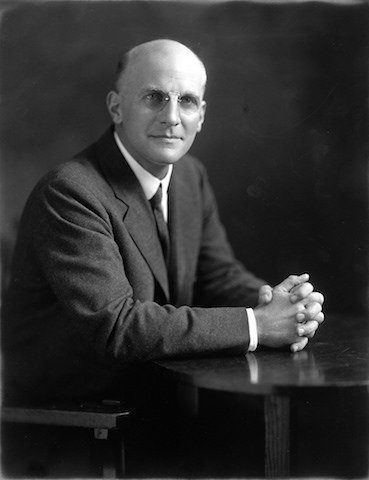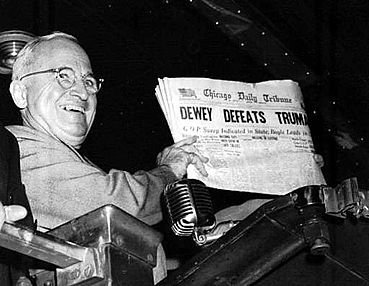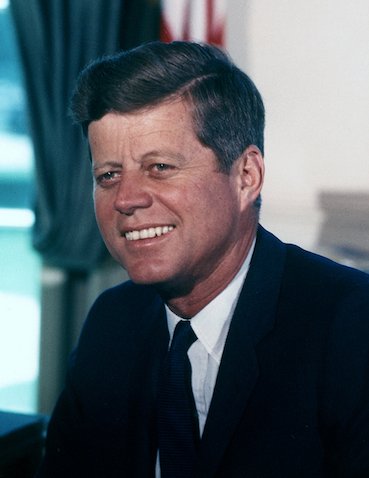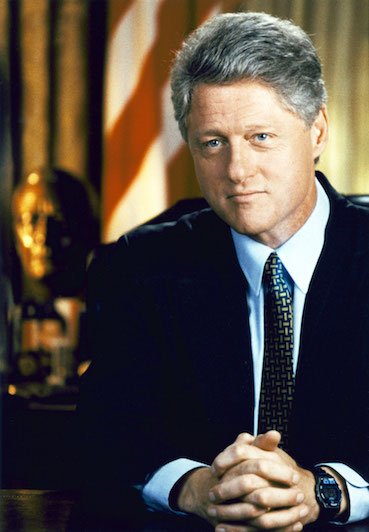As his poll numbers begin sagging following several weeks of questionable debate performances and multiple scandals that involve women coming forward with sexual harassment claims, Donald Trump may be asking himself if he shouldn’t have just stuck with “The Apprentice” and bought out politicians like the olden days.
Or maybe he’s still very optimistic over his chances of sitting in the Oval Office.
He needs to look no further than U.S. history to find stories of upset victories in presidential elections, although in combing the annals he may have to go pretty far back to find one that’s comparable.
Here’s our list of 5 presidential upset victories that every Trump supporter and election hound ought to be aware of:
1. Zachary Taylor (1848)

The man was a highly touted general from the Mexican-American war who owned slaves and had never voted in an election — the epitome of a Washington outsider, the Whigs decided to run Taylor on his war record and “without regard to creeds or principles.” His initial opponent, Democratic nominee William Cass, believed the frontier states should decide for themselves whether or not slavery would be allowed. former President Martin Van Buren found that idea detestable, entering as a third-party candidate on an anti-slavery in the Free Soil Party.
He would play spoiler in the election, handing the win to Taylor. But the old general would end up dying barely more than a year later, and give way to Vice President Millard Fillmore to assume the role of president.
2. Woodrow Wilson (1914)

Following a series of attacks by Republican rival Charles Evans Hughes over his perceived ineptitude and neutral position over World War I, it did not appear that Wilson had enough wind in his sails to defeat Hughes and former president Theodore Roosevelt of the newly formed Bull Moose Party.
As the results rolled in, Hughes appeared to have the presidency locked up, but a series of late results including the crucial swing state of Ohio showed that Wilson had pulled off a marvelous upset victory edging out his rivals by a mere 13 electoral votes.
3. Harry S. Truman (1948)

The polls of his era may have been no more accurate than our own, as they forecast a 5-15 percent advantage in favor of New York Gov. Thomas Dewey. This gave the Times reason enough to famously publish a clip with the words, “Dewey’s election as President is a foregone conclusion.” Say it ain’t so? The pundits of the day had ignored the power behind Truman’s 22,000 “whistle-stop” tour, where he reached out Americans in presenting a sound, humanitarian platform much like Franklin Roosevelt’s that came before.
In the end, the Democrat won with 303 electoral votes to Dewey’s 189 and gave the newspapers one very famous reminder that history writes itself, and reporters are only there to document it.
4. John F. Kennedy (1960)

Often referred to as the first “modern” campaign, Kennedy’s chances to win looked much slimmer ahead of the first televised presidential debate on Sept. Television was a novelty in most homes, but the Harvard man eloquently outperformed the more seasoned vice president Richard Nixon in a moment that truly mattered.
Enthusiasm from reporters and audiences nationally gave Kennedy star power normally reserved for Hollywood, as Democratic leaders coalesced to celebrate his appearance in a race that had been hotly contested. In the end, he beat Nixon with just a 0.2 percent margin — 49.7 to 49.5. The rest is history.
5. Bill Clinton (1992)

Yes, the 42nd president has become a meme of his former self, but the once-popular president had a lot of gravitas in the ’80s and ’90s. That helped him as a relative unknown defeat George H.W. Bush, even as the president was amidst an illustrious career, provided a direct link to Ronald Reagan and had recently overseen the success of Desert Storm.
But it was third-party challenger Ross Perot’s 19 percent that may have ultimately been the decider, leaving Bush to pack his bags and ensure the peaceful transfer of power to Clinton and his young family.
